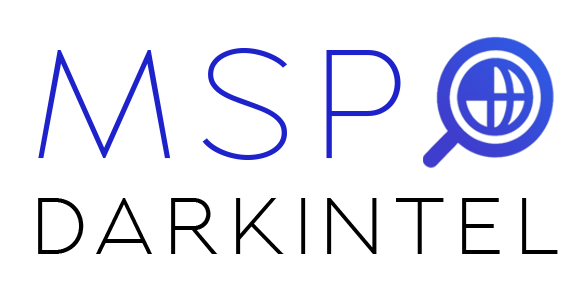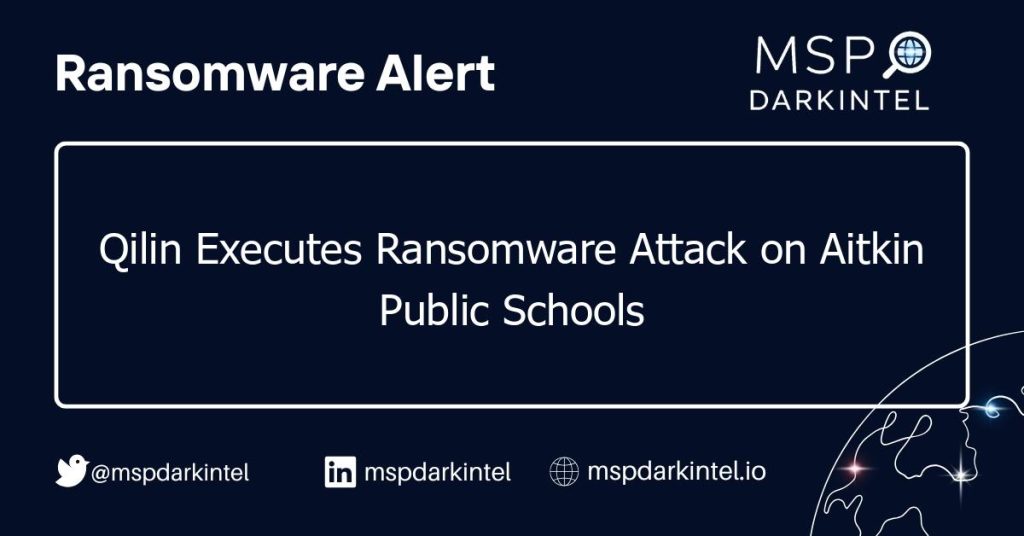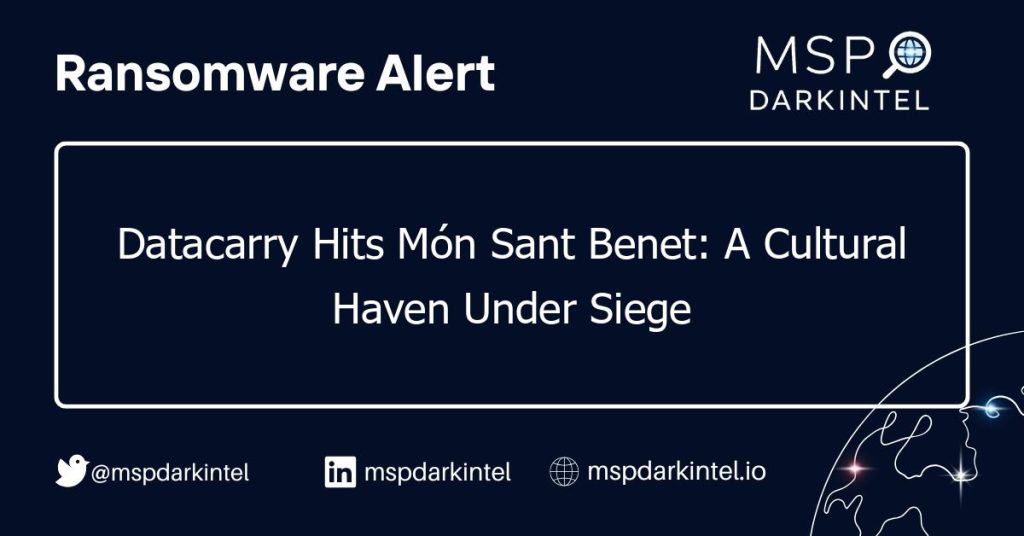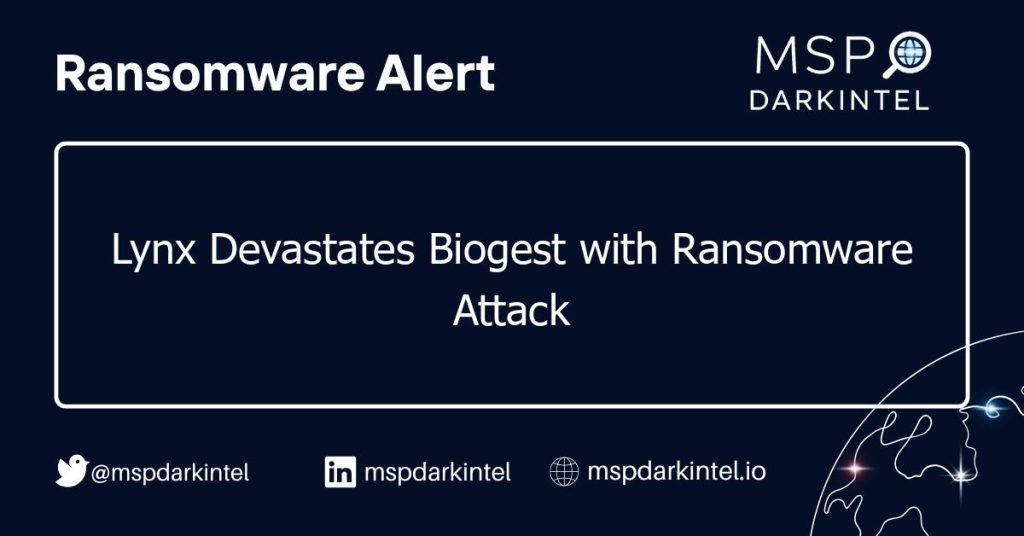The dark web is a complex portion of the internet that remains hidden from typical search engines, necessitating specific tools like Tor to access it. This space comprises roughly 5-6% of the total internet, primarily characterized by its anonymity. While many associate it with illegal activities, the dark web also offers legitimate resources for whistleblowers and journalists seeking confidentiality. To navigate this environment safely, beginners must equip themselves with essential tools such as a VPN and approach with caution. Understanding the risks, like cybersecurity threats and potential scams, is crucial to ensuring safe exploration of this often-misunderstood digital landscape.
Table of Contents
- Understanding the Dark Web
- Accessing the Dark Web
- Risks Associated with the Dark Web
- Legitimate Uses of the Dark Web
- Common Misconceptions About the Dark Web
- Navigating Dark Web Resources and Platforms
- Safety Tips for Dark Web Users
- Future of the Dark Web
- Frequently Asked Questions
Understanding the Dark Web
The dark web consists of websites that are not indexed by regular search engines, requiring special software like Tor to access. It is a part of the deep web, which includes all content not indexed, such as databases and private accounts. The surface web, which most people use daily, constitutes only about 4-5% of the internet. The deep web makes up approximately 90-91%, while the dark web accounts for about 5-6%. This portion is known for its focus on anonymity, often facilitating both illegal activities and legitimate uses, such as whistleblowing.
Anonymity is a key feature of the dark web, allowing users to communicate and access content without revealing their identities. This attracts a diverse audience: privacy advocates, hackers, journalists, and those seeking forbidden information. The dark web hosts a wide range of content, from illegal marketplaces dealing in drugs and stolen data, to forums discussing privacy and technology. While many view it as a haven for illicit behavior, it also provides essential services for secure communication, especially for activists and journalists in oppressive regimes.
Accessing the dark web requires specific tools like the Tor browser, which masks users’ IP addresses by routing their connections through multiple servers. Many transactions are conducted using cryptocurrencies to enhance anonymity for buyers and sellers. The dark web has also made its mark on popular culture, appearing in films and documentaries, often highlighting its darker aspects. This raises ethical questions about the balance between freedom of speech and the potential for harm, making the dark web a complex area of interest.
Accessing the Dark Web
To access the dark web safely, you need some essential tools. The Tor browser is the most widely used option. It masks your IP address by routing your connection through multiple servers, making it difficult to trace. Additionally, using a VPN (Virtual Private Network) adds an extra layer of security by encrypting your internet traffic and hiding your IP address from potential prying eyes.
Before you dive in, it’s crucial to have a clear goal in mind. This helps prevent you from wandering into potentially dangerous areas. Ensure your VPN is activated before accessing the dark web, as this protects your identity. To maximize security, close any other applications you have open, which can minimize the entry points for cybercriminals. Besides Tor, consider other overlay networks like Freenet or Riffle for enhanced anonymity.
You should also check for IP leaks using tools like ipleak.net to confirm that your real IP address is not exposed. Since traditional search engines do not index dark web sites, utilize dark web directories or forums to find links. Make sure your browser settings are optimized for privacy; disable scripts and plugins that could leak information.
Keep your software updated, including the Tor browser, to protect against vulnerabilities. When creating accounts on the dark web, use strong, unique passwords to reduce the risk of breaches. Stay informed about developments in the dark web to understand potential risks and discover new tools for safe access.
It is vital to avoid sharing any personal information while browsing. Many links you come across can lead to malicious sites, so exercise caution and verify sources before clicking. Understand that exit nodes on Tor can potentially monitor your traffic, so secure your connection properly.
| Necessary Tools | Description |
|---|---|
| Tor | The most common browser used to access the dark web. It masks your IP address by routing your connection through multiple servers. |
| VPN (Virtual Private Network) | Adds an extra layer of security by encrypting your internet traffic and hiding your IP address. |
| Determine Your Goal | Enter the dark web with a clear purpose to avoid wandering into dangerous areas. |
| Use a VPN | Before accessing the dark web, ensure your VPN is activated to protect your identity. |
| Close Other Applications | This minimizes entry points for potential cybercriminals. |
| Choose an Overlay Network | Besides Tor, other networks like Freenet and Riffle can be used for anonymity. |
| Check for IP Leaks | Use tools like ipleak.net to ensure your real IP address is not exposed. |
| Find Websites | Use dark web directories or forums to find links since search engines do not index dark web sites. |
Risks Associated with the Dark Web
Cybersecurity threats are prevalent on the dark web, where users face a high likelihood of encountering malware, phishing attempts, and scams. Many marketplaces on the dark web deal in illegal goods like drugs and stolen data, making it a risky environment. While simply accessing the dark web is not illegal, engaging in illegal activities can lead to severe legal consequences. Users may also fall victim to scams, as many transactions are conducted with cryptocurrencies, complicating the ability to trace back to perpetrators. This lack of accountability means users risk losing money to untrustworthy sellers.
Moreover, being associated with the dark web can damage personal and professional reputations, especially if users engage in controversial discussions or activities. There’s a real danger of data theft; users may unknowingly expose personal information by accessing compromised websites, which can lead to identity theft. Additionally, law enforcement agencies actively monitor dark web activities, and users engaging in illegal practices may find themselves tracked or investigated.
Social engineering tactics pose another risk, as cybercriminals may manipulate users into providing personal information or funds. Users may also inadvertently expose themselves to extremist content, which can introduce harmful ideologies. Meeting individuals from the dark web in real life can lead to physical danger, as some users have malicious intents. Finally, regular exposure to illegal or disturbing content can have psychological effects, contributing to mental health issues such as desensitization or distress.
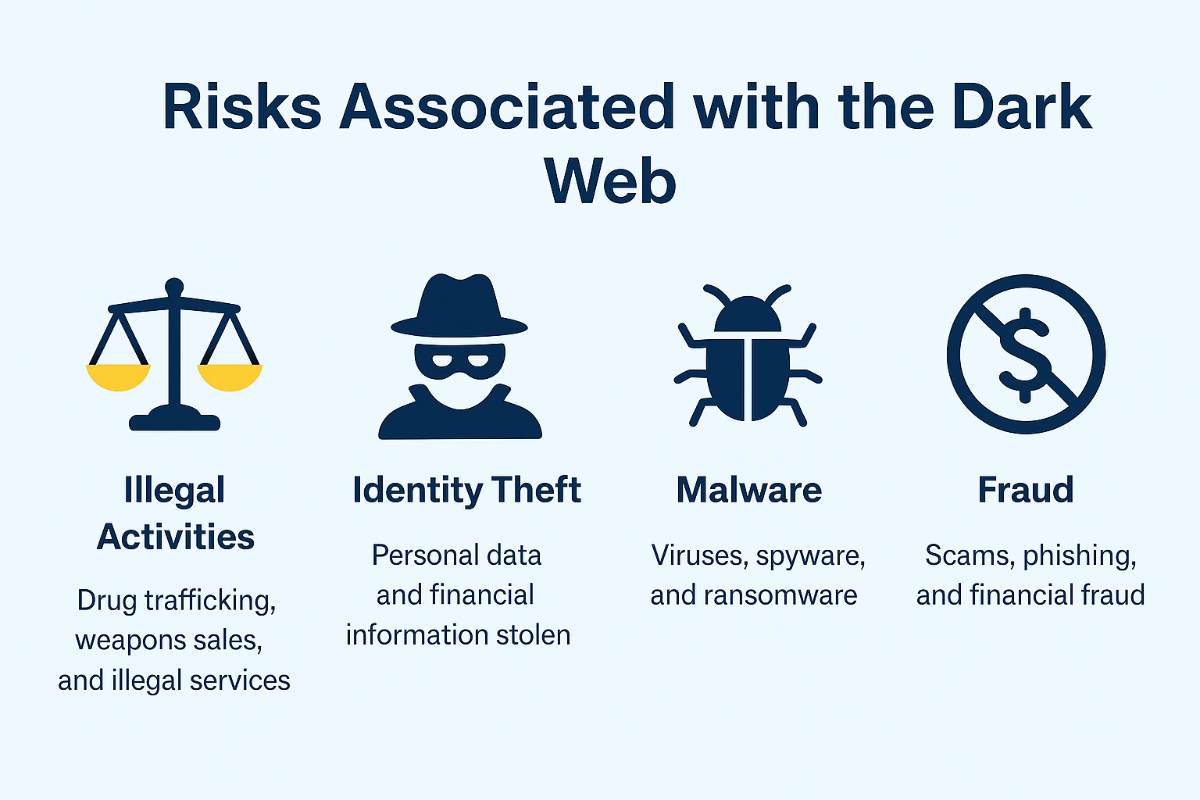
Legitimate Uses of the Dark Web
The dark web serves several legitimate purposes that can greatly benefit society. Whistleblowers and journalists often rely on it to share sensitive information while maintaining their anonymity, especially in oppressive regimes where freedom of speech is limited. For instance, organizations like the Guardian and the CIA have established secure drop facilities on the Tor network to facilitate safe reporting of crucial information.
In the realm of research and cybersecurity, ethical hackers and firms actively monitor the dark web for illicit activities. This vigilance helps them protect their networks and gather intelligence on emerging threats, making digital spaces safer for everyone.
Moreover, the dark web fosters discussions around privacy rights, enabling advocates to address the implications of surveillance in modern society. It can also serve as a supportive environment for individuals facing personal challenges, such as addiction or mental health issues, allowing them to seek help anonymously without the fear of stigma.
Access to uncensored information is another significant aspect, empowering users in countries with restrictive regimes to explore topics that might otherwise be suppressed. Artists and writers use the dark web to express their creativity freely, sharing works that tackle controversial themes without fear of censorship.
Activism finds a home here as well, with activists organizing securely and sharing vital information, particularly in regions where dissent is harshly suppressed. Furthermore, the dark web can be a breeding ground for advancements in cryptography and technology, as discussions around security methods often lead to innovative developments. Lastly, it serves as a marketplace for ideas, where knowledge can be exchanged freely, and educational resources are available, particularly in cybersecurity and privacy.
Common Misconceptions About the Dark Web
Many people mistakenly think the dark web is synonymous with the entire deep web, which includes a vast amount of legal content that simply isn’t indexed by search engines. This misconception conflates the dark web’s often illicit reputation with the broader and more benign deep web. Another common belief is that the dark web is only a haven for criminal activity. In reality, it also serves vital functions, such as protecting user privacy and enabling free speech, particularly in authoritarian regimes. While it’s true that there are risks associated with the dark web, not all areas are hazardous. Many users access it for legal purposes, like seeking out information or engaging in conversations that are otherwise censored. Additionally, the notion that accessing the dark web requires expert knowledge is misleading. With the right tools, such as the Tor browser, anyone can navigate this hidden realm, regardless of their technical skills. It’s also a mistake to assume that all dark web users are criminals; many simply value their privacy or seek information unavailable on the surface web. While the dark web does offer increased anonymity, it is not foolproof. Users can still be tracked if they do not take proper precautions, such as using a VPN. Moreover, while some dark web transactions are indeed secure, many are not, and scams are prevalent. Users must remain vigilant. The dark web is often viewed as a disturbing place filled with illegal content, but it also hosts communities focused on education, support, and activism. Lastly, while accessing the dark web itself is not illegal, the actions taken there can be, emphasizing the importance of understanding the boundaries of legality in this complex space.
Navigating Dark Web Resources and Platforms
Navigating the dark web requires a careful approach to avoid pitfalls. One of the first things to understand is that dark web sites typically use ‘.onion’ domains, accessible only through specific browsers like Tor. These hidden services can be hard to locate without the help of directories. Resources like ‘The Hidden Wiki’ can provide useful links, but exercise caution, as many links may lead to harmful sites or scams.
Engaging with forums is another way to find resources, as various communities exist to share information and tools. However, verifying the trustworthiness of these forums is crucial to protect yourself from misinformation or malicious intent. When looking for reliable sources, prioritize well-reviewed sites or those recommended by trusted guides, reducing the risk of encountering scams or malware.
The dark web is ever-changing, making it essential to stay updated. Following news sources or forums discussing dark web trends can provide insights into safer practices. Additionally, specialized dark web search engines, such as DuckDuckGo for .onion sites, can aid in finding content but still require a cautious approach.
Understanding the types of content available is also vital. The dark web hosts a range of materials, from forums and blogs to marketplaces. Knowing your objectives can help streamline your search. If you intend to engage in transactions, thoroughly research marketplaces to ensure you’re dealing with trustworthy vendors.
Finally, anonymity is key when navigating the dark web. Use pseudonyms and avoid sharing identifiable information in communities. Always follow established safety protocols, such as using a VPN and being cautious about the information you access and share.
Safety Tips for Dark Web Users
To navigate the dark web safely, it is crucial to adopt strong security practices. Always use a reliable VPN alongside the Tor browser to shield your identity and data from prying eyes. Enabling the security features in the Tor browser enhances protection against potential threats. Exercise caution with downloads, as files from the dark web may harbor malware or harmful content. Avoid sharing any personal information, such as your real name, address, or email, to maintain anonymity. If you engage in transactions, use secure and reputable cryptocurrencies, and be vigilant about potential scams that may arise. Always verify the sources of websites and forums before interacting with them to steer clear of phishing attempts. Educating yourself about the risks associated with the dark web and the latest security practices is essential. Limit your time spent online to reduce exposure to risks and only visit necessary sites. Keeping your software, including the Tor browser and any security tools, updated will help protect against vulnerabilities. Finally, always log out of accounts and close the browser when you finish to prevent unauthorized access.
- Use Strong Security Practices: Always use a reliable VPN and the Tor browser to protect your identity and data while browsing.
- Enable Security Features: Activate the security settings in the Tor browser for enhanced protection against potential threats.
- Be Cautious with Downloads: Avoid downloading files from the dark web, as they may contain malware or other harmful content.
- Avoid Sharing Personal Information: Never share identifiable information such as your real name, address, or email while on the dark web.
- Use Cryptocurrency Wisely: If making transactions, use secure and reputable cryptocurrencies, and be aware of potential scams.
- Verify Sources: Always double-check the reliability of the sites and forums before engaging with them to avoid phishing attempts.
- Educate Yourself: Stay informed about the risks associated with the dark web and the latest security practices.
- Limit Time Spent Online: To minimize exposure to risks, limit the time spent on the dark web and only visit necessary sites.
- Keep Software Updated: Ensure that both your Tor browser and any other security software are up to date to protect against vulnerabilities.
- Exit Safely: Always log out of accounts and close the browser when finished to prevent unauthorized access.
Future of the Dark Web
The future of the dark web is shaped by a mix of technological advancements and societal changes. As technology evolves, users may find new ways to access the dark web, enhancing both security and risks. The introduction of emerging tools and platforms will likely focus on improving user anonymity, making the dark web more appealing for those seeking privacy. However, this evolution will also prompt governments to consider stricter regulations, which may impact how users interact with dark web resources.
As public awareness of the dark web increases, the types of content available may shift. There could be a growing emphasis on privacy protection, potentially reducing the prevalence of illegal activities. This change in content might lead to a more diverse user base, as individuals from various backgrounds seek safe communication channels in an increasingly surveilled digital landscape.
Moreover, the role of artificial intelligence may become significant, as it could help monitor dark web activities while enhancing security measures for users. Collaboration between ethical hackers and law enforcement may also intensify, as both parties aim to address illicit activities without infringing on legitimate uses of the dark web. As discussions about the dark web permeate popular culture, public perception may evolve, recognizing its dual nature as both a haven for illicit dealings and a tool for privacy advocacy.
Frequently Asked Questions
What is the dark web and how is it different from the surface web?
The dark web is a part of the internet that isn’t indexed by standard search engines. It requires specific software, like Tor, to access. Unlike the surface web, which consists of websites you can easily find and visit, the dark web is hidden and often involves more privacy and anonymity.
What types of resources can I find on the dark web?
On the dark web, you can find various resources like forums, marketplaces, and file-sharing sites. Some offer legal content, while others may involve illegal activities, such as illicit trade or hacking services.
Is it safe to explore dark web platforms?
Exploring the dark web carries certain risks. You can encounter harmful software, scams, or illegal content. To stay safe, it’s important to use reliable security measures, like VPNs and antivirus software, and to be cautious about what you access or share.
How can I access the dark web safely as a beginner?
To access the dark web safely, start by downloading the Tor browser, which allows you to browse hidden sites. Make sure to use a VPN to protect your identity, avoid sharing personal information, and only visit sites that are known to be reliable.
Are there any legal risks associated with using dark web resources?
Yes, there are legal risks when using dark web resources. While browsing itself is not illegal, accessing or participating in illegal activities, like buying drugs or stolen data, can lead to serious legal consequences.
TL;DR The dark web consists of unindexed sites accessible through specific software like Tor, offering both legitimate and illicit content. Users need tools such as VPNs for security while navigating potential risks including cyber threats, scams, and legal issues. However, it also supports positive functions like whistleblowing and research. Caution is essential for anyone considering accessing this hidden part of the internet.
Table of Contents
